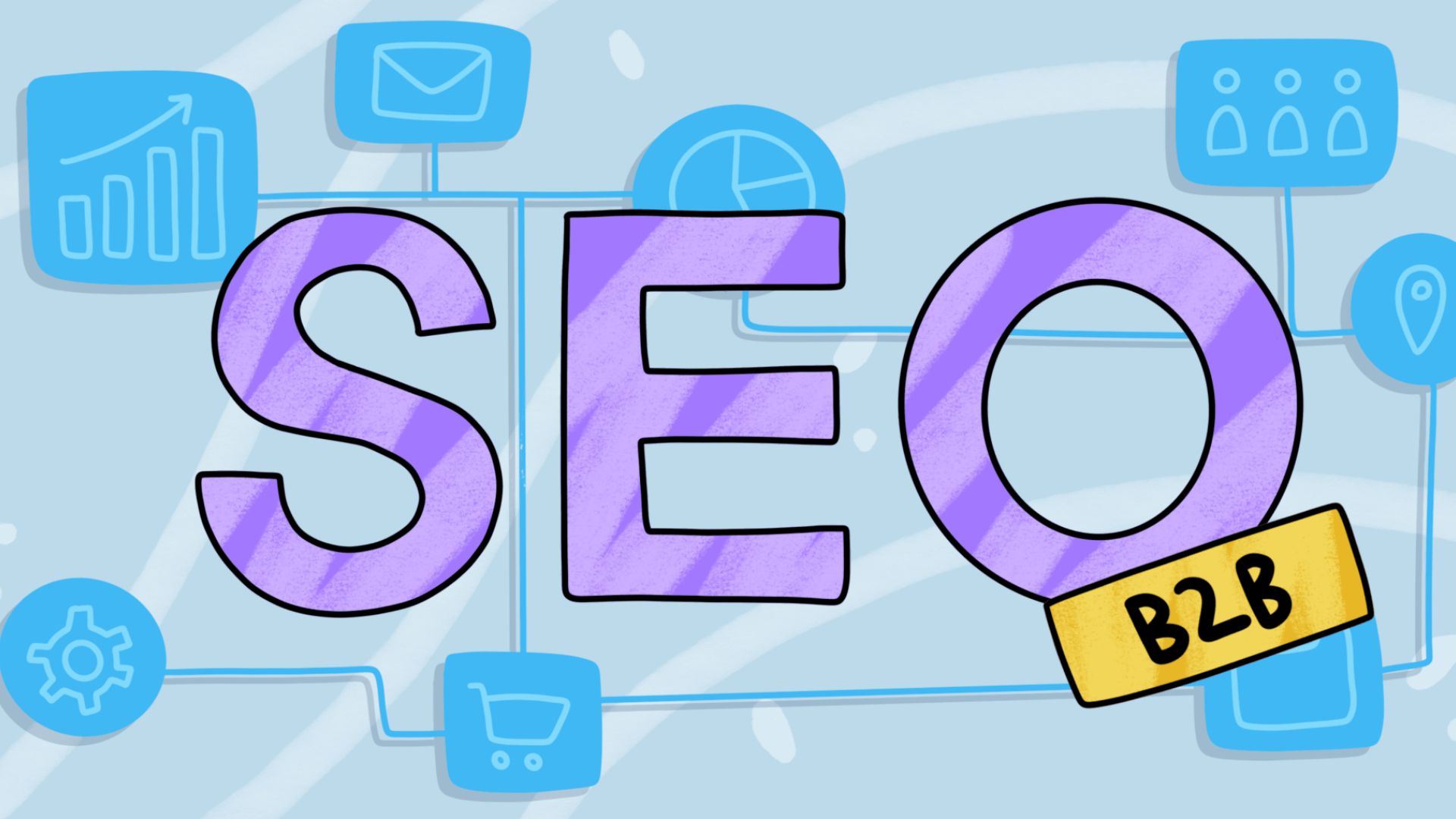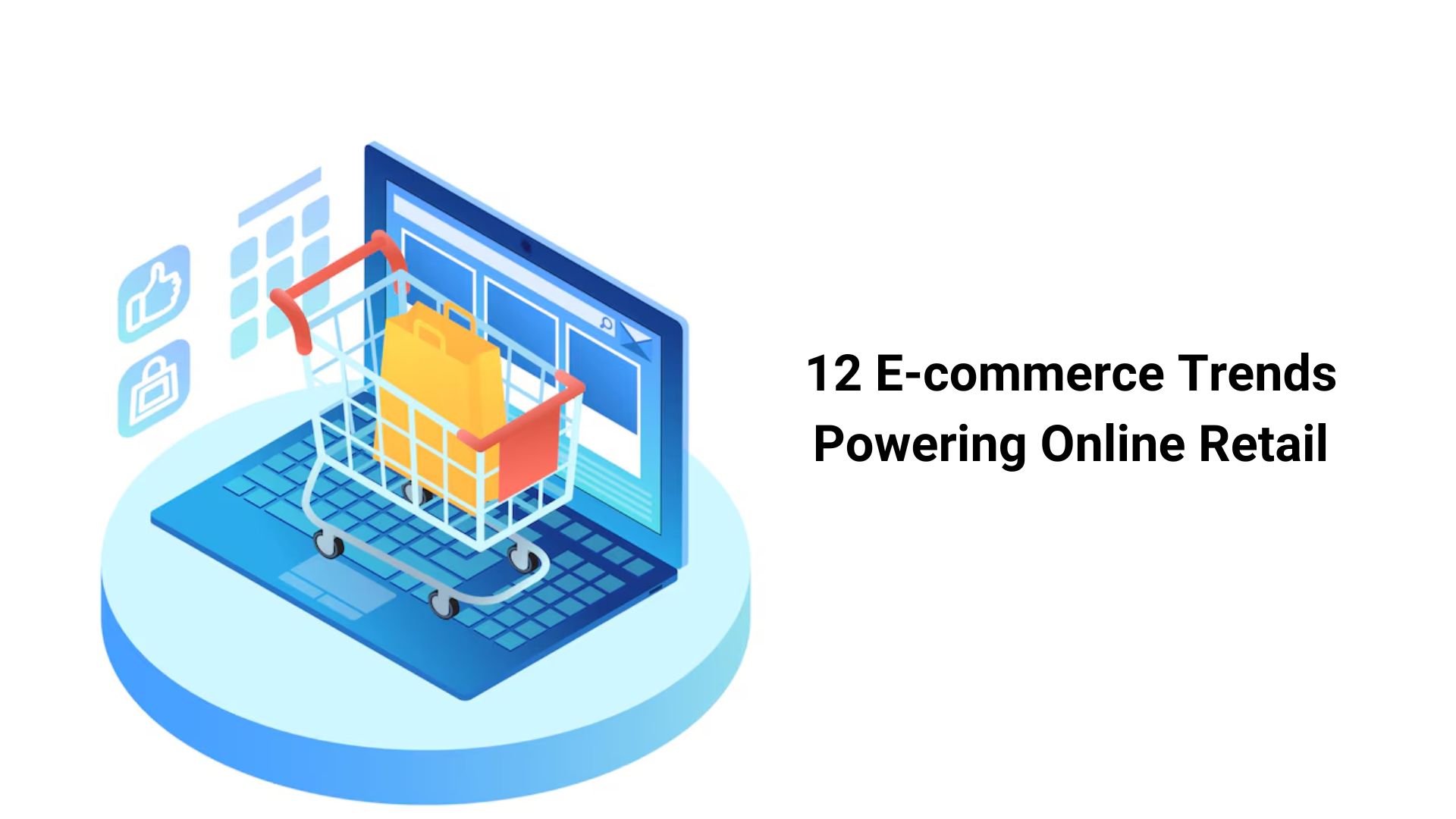Search engine optimisation (SEO) is vital for B2B companies looking to grow their online presence, attract qualified leads, and drive conversions. By tailoring SEO strategies to the unique needs of B2B businesses, companies can unlock significant opportunities in competitive markets.
Table of Contents
ToggleUnderstanding B2B SEO: What Sets It Apart?
B2B SEO focuses on optimising digital content and strategies to reach other businesses as target audiences, rather than individual consumers. This involves creating content that aligns with the complex decision-making processes in B2B transactions, where multiple stakeholders and longer sales cycles are common.
A well-executed SEO strategy for B2B ensures businesses rank higher for relevant industry keywords and topics, making them a trusted resource in their field. If you’re exploring Texas SEO services, adopting a B2B-centric approach will help enhance visibility and attract high-value clients.
The Importance of B2B SEO for Business Growth
B2B SEO isn’t just about driving traffic—it’s about bringing in the right traffic. High-quality SEO ensures that your website reaches decision-makers actively searching for solutions in your industry.
For B2B companies, SEO creates opportunities to establish authority in a niche market, build trust with potential clients, and shorten the time it takes for leads to convert into paying customers. Leveraging Texas SEO services ensures that businesses in this region stay competitive and maximise their reach.
B2B vs B2C SEO: What’s the Difference?
While both B2B and B2C SEO aim to improve search visibility, they differ in audience targeting and content strategies:
- Audience: B2B SEO targets business professionals, often decision-makers, while B2C focuses on individual consumers.
- Content: B2B content prioritises informative resources such as whitepapers, case studies, and blogs, whereas B2C often uses emotional and visual storytelling.
- Keywords: B2B SEO involves long-tail, industry-specific keywords, while B2C tends to target broader, shorter keywords.
These differences underline why custom strategies tailored to B2B are essential for success.
Building a Winning B2B SEO Strategy
Creating a successful B2B SEO strategy requires focusing on key areas that address the unique needs of B2B audiences.
1. Keyword Research and Targeting
Identify industry-specific keywords that resonate with your target audience. Long-tail keywords focusing on pain points and solutions often perform better in B2B searches.
2. Create High-Value Content
Develop in-depth resources, such as how-to guides, whitepapers, and case studies, to establish authority and build trust with your audience. Content should address specific problems and solutions relevant to the businesses you aim to serve.
3. Optimise for Technical SEO
A well-structured website is crucial for B2B companies. Optimise your site’s speed, mobile usability, and site architecture to ensure search engines and users can easily navigate your content.
4. Leverage Local SEO
For businesses targeting a regional market, local SEO is vital. Incorporate location-specific keywords, such as Texas SEO services, and ensure your Google My Business profile is up to date.
5. Measure and Adjust
Track the performance of your SEO strategy using analytics tools. Monitor metrics such as organic traffic, bounce rates, and conversion rates to refine your approach continually.
Final Words
SEO for B2B requires a unique, tailored approach to stand out in competitive markets. At Digital Kasturi, we specialise in providing customised Texas SEO services that help B2B companies reach their goals. From detailed keyword research to robust content creation, our team ensures your business thrives online.








